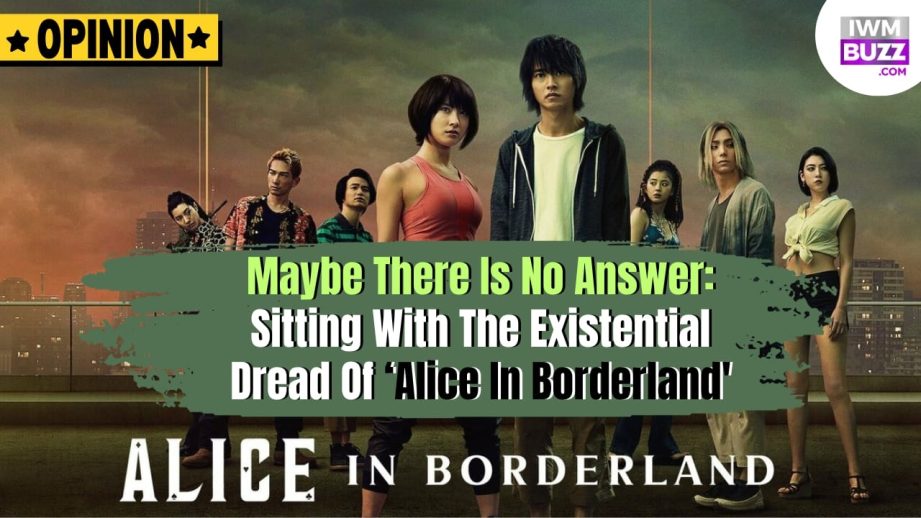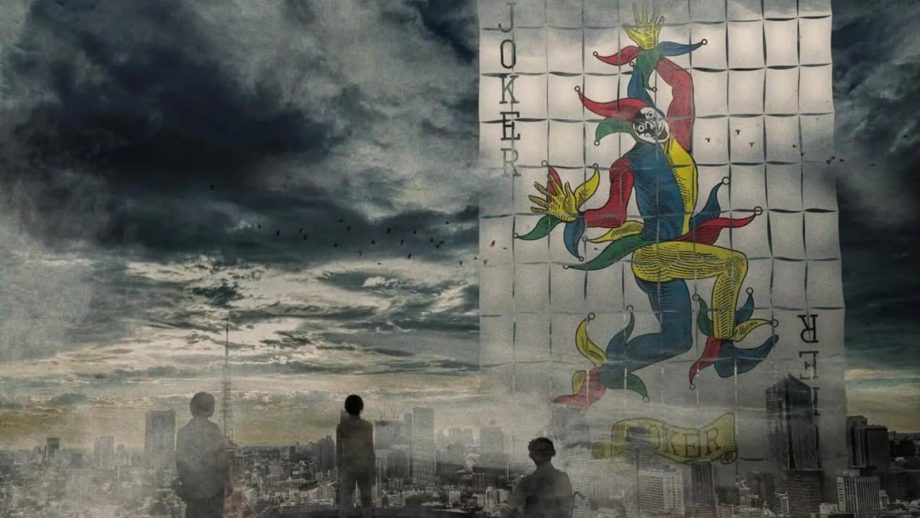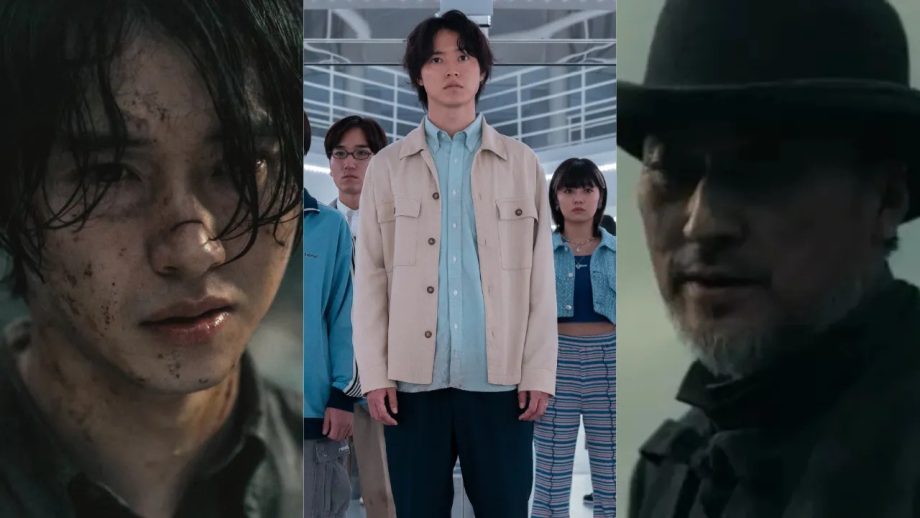
Some stories don’t try to explain themselves. Alice in Borderland is one of them.
By the time Arisu reaches the end of his journey, the question isn’t “What is this place?” It’s “Does it even matter?” For a series that begins with puzzles and death games, the most disturbing revelation comes in silence: there may not be a grand design. No villain to unmask. No truth waiting to be revealed. Just a gap. A space. A silence.
We call it Borderland, but it could be anything—trauma, grief, depression. A limbo where time blurs and purpose dissolves. The show strips its characters of everything but instinct, memory, and the will to keep moving. For some, that’s enough. For others, it’s not.

When Arisu meets the so-called Watchman, he doesn’t get answers. He gets riddles dressed as wisdom. The Joker isn’t a man, we’re told. He’s not even a force. He’s just a card. A symbol for something outside the rules. A placeholder for all that can’t be defined. The Watchman speaks of death like it’s a direction rather than a destination. He watches the space between life and whatever comes next—but he doesn’t know what lies beyond.
And that’s the point. Neither do we.

This show doesn’t resolve. It lingers. It understands that the real tension isn’t between life and death, but between certainty and doubt. We’re not afraid of endings—we’re afraid of not knowing what they mean.
Arisu’s refusal to step into the whirlpool is not heroic in any traditional sense. It’s quiet. Hesitant. But deeply human. He’s not choosing hope. He’s choosing presence. To stay. To feel. To live without guarantees. To sit with not knowing.
That choice mirrors something real. The emotional weight of surviving something you don’t understand. Coming back from the edge without clarity. Learning how to live again, not because the pain made sense, but because it didn’t—and you’re still here.
Alice offers continuity instead of closure. The story doesn’t finish with a meaning handed to the viewer. It ends the way life often does: with more questions than answers. And maybe that’s not a flaw, but the most honest thing it could’ve done.
